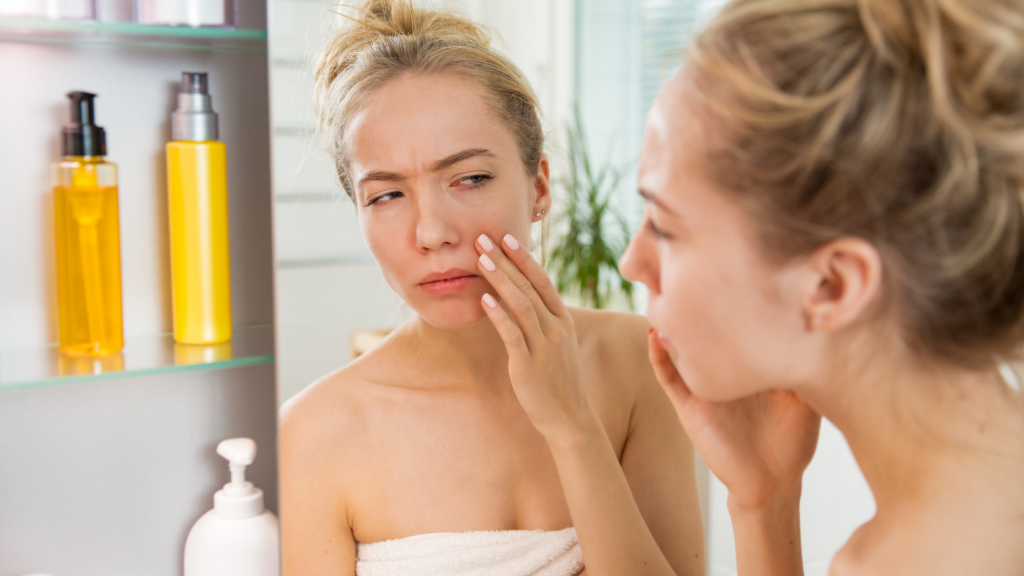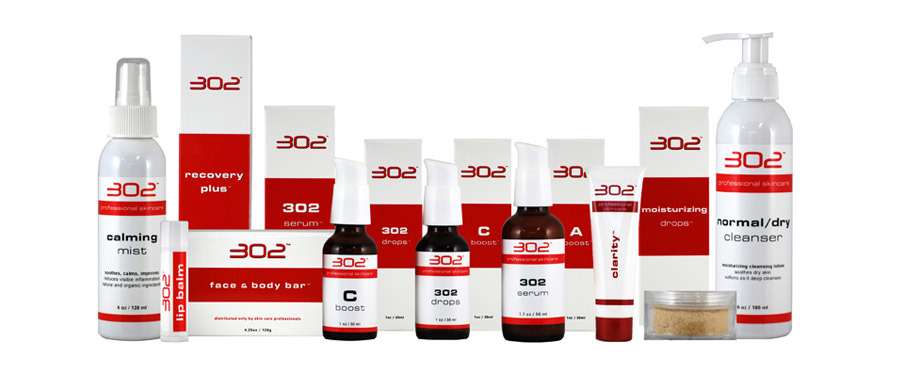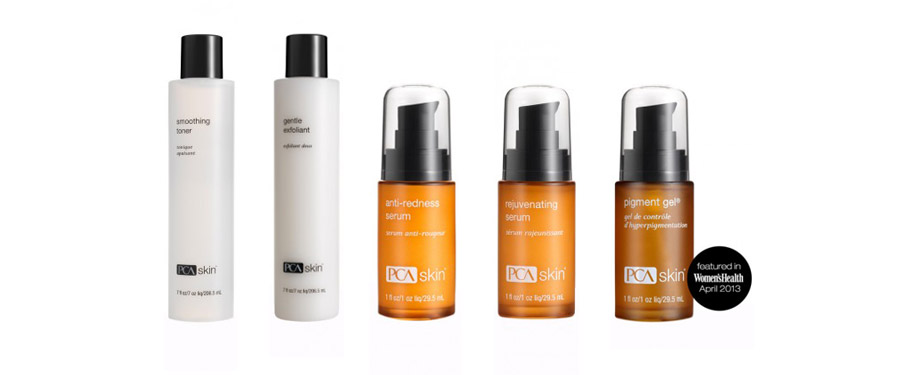“Too much of a good thing can be taxing.” — Mae West

This week I received a frantic call from a client who had purchased an over-the-counter retinol product and glycolic acid peel. Unfortunately, she used both at the same time and her skin reacted badly — it was red, irritated, and flaky. Yikes!
There are just too many topicals available now, over the counter and online, including glycolic acid, various vitamin A derivatives, and at-home peels. These skincare products, when used wisely and under the supervision from either a dermatologist or aesthetician, can stimulate the production of collagen and elastin — the building blocks of the skin that keeps it looking youthful and plump. As we age these proteins begin to diminish and that is when lines and wrinkles begin to show.
These topicals work by causing a small amount of localized trauma. So many women assume that skin irritation is part of the cell renewal process. And when the reaction is mild and short lived, it can be. But tolerating anything more serious or chronic is just inflaming the skin.
Another ingredient that can also contribute to irritating oxidative damage is benzoyl peroxide, a mainstay of professional and at-home acne treatments. So instead of healing the acne it worsens it.
Certain acids, particularly those of smaller molecular size like glycolic acid, have been shown to reach the dermis or true skin where inflammation takes place. Molecularly larger acids, such as lactic, malic, pyruvic and tartaric, don’t tend to penetrate the dermis, making them gentler on the skin and less likely to spark inflammation. They are also naturally occurring substances in human skin which makes them more compatible to a wider range of skin conditions.
More isn’t always better. Overtreatment can have an adverse effect on your skin’s appearance and health. It can result in inflammaging. This means that when the skin has chronic, persistent inflammation it can actually age prematurely. Instead of a toned and firm complexion, the skin looks red, irritated, and broken out.
As with any skin concern, inflammaging can worsen with prolonged sun exposure.
So, what can you do to reverse inflammaged skin?
- Take antioxidants, like vitamins C and E, and adaptogen-rich supplements. Adaptogens are herbal pharmaceuticals. They work to counteract the effects of stress in the body and on the skin. This will help protect and boost the skin’s antioxidant response system.
- Support the Skin’s Barrier. Look for products that contain ceramides, hyaluronic acid, (HA,) plant butters, cholesterol and squalene. Make sure these ingredients are plant based. They all reduce water evaporation which keeps the skin soft and hydrated.
- Moisturize. Blend your retinol product with a moisturizer — this buffers the skin and reduces any reaction. A pea sized amount used twice a week works for most people.
- Stop doing at-home glycolic acid treatments — leave those to the professionals.
- Look for chirally correct products, where ingredients occur in their purest form. This can help further maintain the efficacy of other ingredients and minimize the risk of adverse side effects.
- Make sure you use an SPF 30 everyday whether you are indoors or outside. Without good ventilation indoor pollution can be twice as bad as outdoor.
- Keep it simple. When your skin is irritated stick to a basic routine.
Lastly, be patient. Your skin needs time to recover and won’t heal overnight. Allow a few weeks of consistent use to see a calmer, smoother skin, and fewer lines.
In an industry that is constantly updating itself, the advent of inflammaging serves as both a wake-up call and a challenge to product developers, cosmetic companies and skin care professionals alike. And more than ever, it’s definitely about education. The skin care game is transforming itself scientifically to consider environmental concerns and the effect pollution has on our skins. It is our job to keep up and stay informed!
For more skincare tips, check out my other blogs on Medium, call us at Skinsense Wellness at (323) 653–4701. We offer a virtual consultation, in-salon treatments, and home service facials to our valued clients.














